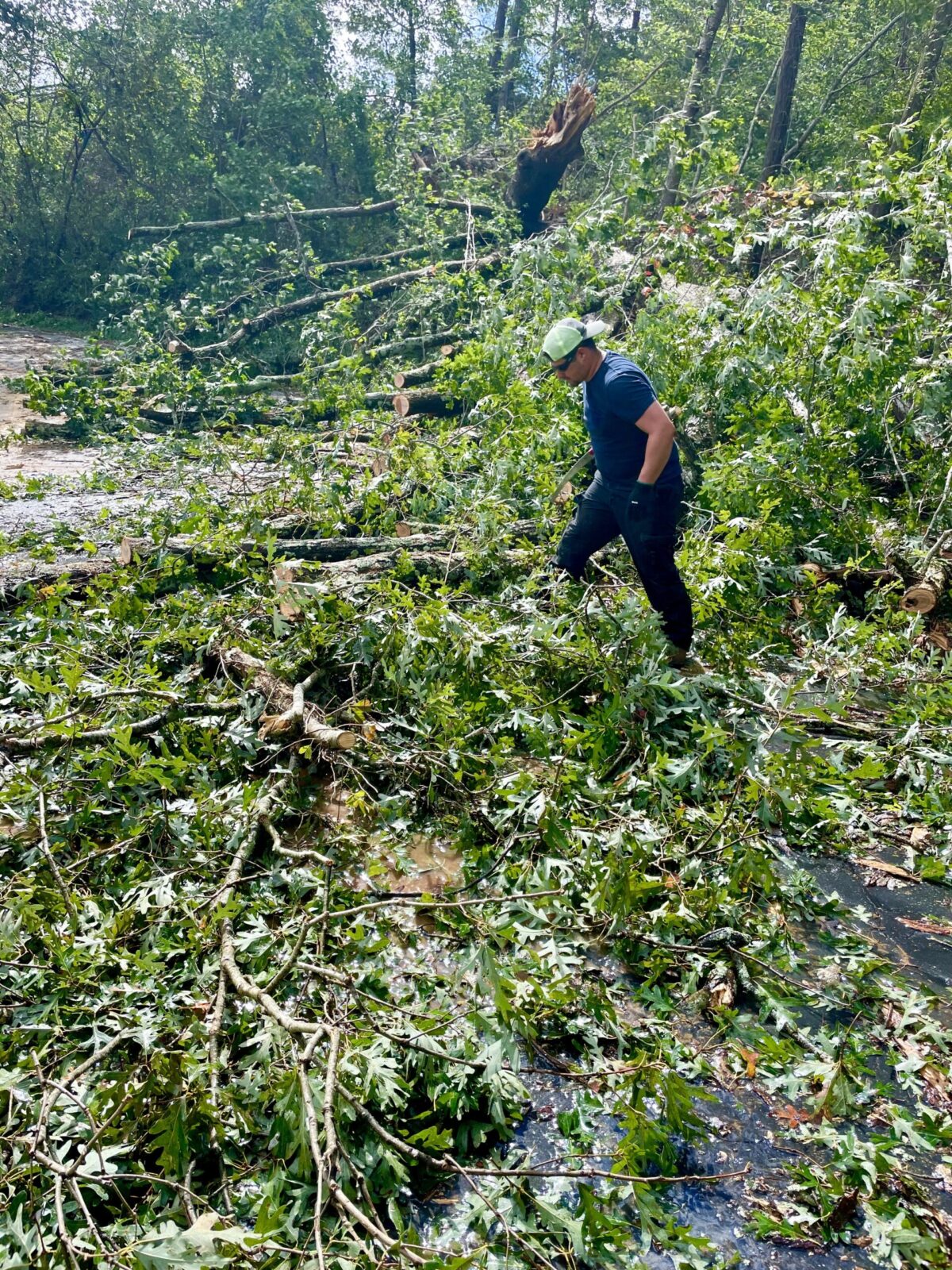NEW YORK–(BUSINESS WIRE)–Carbon Direct, a global leader in science-driven carbon management, in collaboration with JPMorganChase, today unveiled a new report: Optimizing for Biodiversity with Nature-Based Projects in the Voluntary Carbon Market: Principles for Pursuing Dual Outcomes. This guide offers organizations a data-driven blueprint for identifying and designing nature-based voluntary carbon market (VCM) projects that deliver both carbon and biodiversity outcomes.
Current VCM structures are primarily carbon-focused, and despite growing buyer demand, effectively integrating both carbon and biodiversity outcomes remains a complex challenge for the market. The nature of projects grounded in land management, however, creates an opportunity to more explicitly embed biodiversity-positive design that can contribute to global societal goals and support rigorous reporting. To do this, market actors must carefully consider unique challenges and tradeoffs. By advancing dual-outcome strategies, project developers and buyers can maximize impact and help scale nature finance.
The report introduces a six-principle framework for selecting and designing nature-based carbon removal projects that pursue the dual carbon and biodiversity goals. Drawing on scientific best practices, an analysis of 1,639 global VCM projects, and leading registry protocols, the report provides practical recommendations on aligning investments with organizational priorities, setting credible reporting commitments, and accurately evaluating project claims. The findings highlight where today’s projects may fall short with regards to biodiversity, where stakeholders might encounter tradeoffs, and how stakeholders can potentially address gaps and challenges.
“Investing in nature-based solutions demands both scientific rigor and local relevance,” said Dr. Sarah Federman, Vice President of Landscape Decarbonization, Carbon Direct. “Working with JPMorganChase allowed us to deliver a framework that is grounded in data and designed to help market actors design and select projects that credibly advance biodiversity and climate outcomes. We hope these principles set a new benchmark for transparency and impact in the voluntary carbon market, driving meaningful progress for nature and climate worldwide.”
Key Considerations for Nature-Conscious Buyers:
- Center local context for global impact: Biodiversity benefits are often local and hard to compare across geographies. Buyers should consider strategies for reporting that account for this nuance and be aware that biodiversity gains are not interchangeable (i.e., fungible) when selecting priority geographies and ecosystems for investment.
- Ground outcome-based reporting in clearly defined objectives: Biodiversity is multifaceted. Projects should clearly identify the aspects of biodiversity that support nature-positive objectives and that are reported in project outcomes, such as habitat conserved, created, restored, or enhanced. Project measurement, monitoring, reporting, and verification (MMRV) should be grounded in scientific best practices and designed to support project objectives.
- Accommodate an adaptive management mindset: Projects focused on conserving, enhancing, or restoring biodiversity will likely require adaptive management. Investors should be willing to accommodate shifting management approaches to achieve desired outcomes and potentially recalibrate what success means. However, recalibration should have defined guardrails and avoid moving the goal post forward, which may dilute the ambition of the initial objective.
- Take the long view: Successful carbon and biodiversity outcomes often have different time horizons. These timelines do not always align with VCM project crediting periods. This means that while a project might meet both carbon and nature-positive objectives, reporting against those outcomes may be decoupled. Credible MMRV should reflect outcome-appropriate timelines.
“As demand for VCM projects that incorporate nature-positive outcomes continues to grow, we were thrilled to work with Carbon Direct to establish a set of principles that help market participants assess how to pursue both outcomes,” said Gwen Yu, Head of Emerging Sustainability Issues at JPMorganChase. “Through this work, we hope to contribute to ongoing dialogue within the VCM to scale financing for both climate and nature.”
Methodology
The whitepaper is grounded in an extensive analysis of monitoring and verification standards, alignment with evolving market and policy frameworks, science on conservation and restoration, and an analysis of 1,639 voluntary carbon market projects worldwide. Carbon Direct and JPMorganChase applied a data- and science-driven approach, leveraging expert input, established reporting protocols, and proprietary evaluation frameworks. Projects were assessed across criteria designed to assess their readiness to support biodiversity protection and uplift, such as connectivity, fragmentation, and ecological appropriateness of species under management including biodiversity. The report’s “Guide to This Paper” section further details the quantitative and qualitative filters used to provide relevance, rigor, and actionable insights for buyers and developers.
About Carbon Direct
Carbon Direct is a science-first organization that combines technical and commercial expertise to decarbonize the global economy. Our 70+ scientists work closely with our finance and market experts to design, diligence, and deliver decarbonization solutions across industries. From JPMorganChase to Microsoft, Carbon Direct helps leading companies with carbon dioxide removal, carbon measurement, firm clean power opportunities, and low-carbon energy solutions. To learn more, visit www.carbon-direct.com.
About JPMorganChase
JPMorgan Chase & Co. (NYSE: JPM) is a leading financial services firm based in the United States of America (“U.S.”), with operations worldwide. JPMorgan Chase had $4.6 trillion in assets and $360 billion in stockholders’ equity as of September 30, 2025. The Firm is a leader in investment banking, financial services for consumers and small businesses, commercial banking, financial transaction processing and asset management. Under the J.P. Morgan and Chase brands, the Firm serves millions of customers in the U.S., and many of the world’s most prominent corporate, institutional and government clients globally. Information about JPMorgan Chase & Co. is available at www.jpmorganchase.com.
Contacts
The Colab
PR for Carbon Direct






